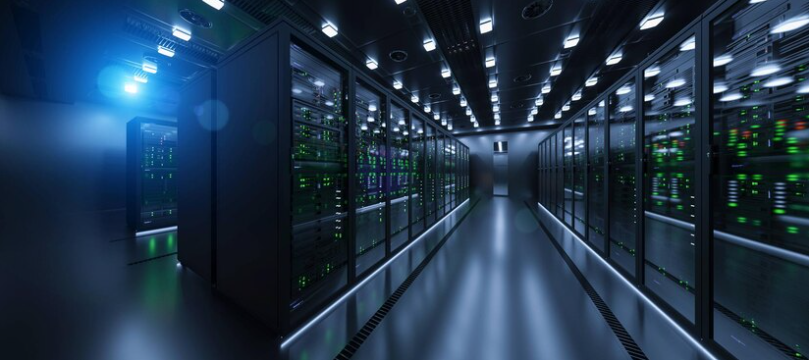Network-attached storage (NAS) devices have become the backbone of home and enterprise storage solutions. Recognized for their robust data management features, security, and accessibility, NAS drives serve a variety of purposes, from personal media centers to corporate file servers. They've also evolved to cater to specific needs such as AI model training, video surveillance, and even personal cloud services. When it comes to selecting the right NAS drive, where should your priorities lie? In this comprehensive guide, we'll explore the crucial features you need to consider to ensure your NAS drive meets your unique demands.
Understanding the NAS Ecosystem
Before we dig into the features, it's important to understand the pivotal role that a NAS system plays within a network. A NAS drive acts as a dedicated file storage unit which provides file-level data access to various clients within a network. This means several users can access and share the same files concurrently without the need for them to be stored on individual devices.
The flexibility and scalability of NAS make it an important IT asset in a wide array of scenarios:
Home Networking and Media Centers: Share and stream media files across devices.
SMBs and Enterprises: Centralized file storage, implement data backup, and enhance security protocols.
Surveillance Systems: Store and manage video footage from IP cameras.
Data-Intensive Applications: Run large-scale data operations, including analytics and AI model training.
Now that we've set the stage, it's time to determine the key factors to consider when choosing a NAS storage device for your particular use case.
Factors to Consider When Choosing a NAS Drive
The decision-making process for buying a NAS drive is not one-size-fits-all. Different features will carry different weights depending on your personal or professional demands. Here's a rundown of the main factors you should evaluate.
- Storage Capacity
Storage capacity is one of the most visible and critical components of a NAS drive. The right capacity ensures you have ample space to store all your data, including its growth over time. Consider:
Current Needs: Assess your current storage requirements based on the volume of data to be stored.
Estimated Growth: Factor in the expected data growth rate, considering both new and historical data.
Overprovisioning: Leave room for expansion. Overprovisioning 10-20% of your total capacity can be beneficial.
- Data Transfer Speed
The data transfer speed is crucial, especially for data-intensive tasks like video editing or running a business database. This is often denoted by the NAS's Ethernet speed, with most modern options supporting Gigabit Ethernet at a minimum. However, you can also look for models with 10GbE or even multi-Gigabit Ethernet for faster data transmission rates.
- RAID Support
RAID (Redundant Array of Independent Disks) is a data storage virtualization technology that combines multiple disk drive components into a single logical unit for the purposes of data redundancy or performance improvement. The right RAID level is important for:
Data Protection: Ensuring that your data is safe from hard drive failures.
Performance: Some RAID levels offer performance-enhancing advantages.
Operational Efficiency: Different RAID types can affect how efficiently you use your storage space.
- Scalability
Your data storage needs will change as your business or personal requirements evolve. The NAS you choose should allow for easy scalability, either by supporting larger hard drives, additional drive bays, or attachment of expansion units.
- Data Protection Features
Beyond RAID, many NAS devices offer additional data protection features such as automatic backup, snapshot technology, and real-time data mirroring across various disks.
Expert Recommendations
Finally, we turn to the experts for their insights on prioritizing features when choosing a NAS drive. Here are some key takeaways:
- Thomas, IT Consultant
"Do not compromise on RAID and data protection features. An enterprise NAS storage is your last line of defense against data loss, and it needs to be robust."
- Dr. Jane, Data Scientist
"For analytics and AI, prioritize data transfer speed. You need the ability to move large data sets quickly to ensure timely model training and updates."
Conclusion
The right NAS drive can transform the way you store and manage data, but choosing one isn't a decision to be taken lightly. Whether you're a home user, a content creator, or a business professional, understanding which features are critical for your situation is essential. By focusing on storage capacity, data transfer speed, RAID support, scalability, and data protection features, you can ensure that your NAS investment is optimized for the long haul. Remember, a thoughtful purchase today can save you from headaches tomorrow.
